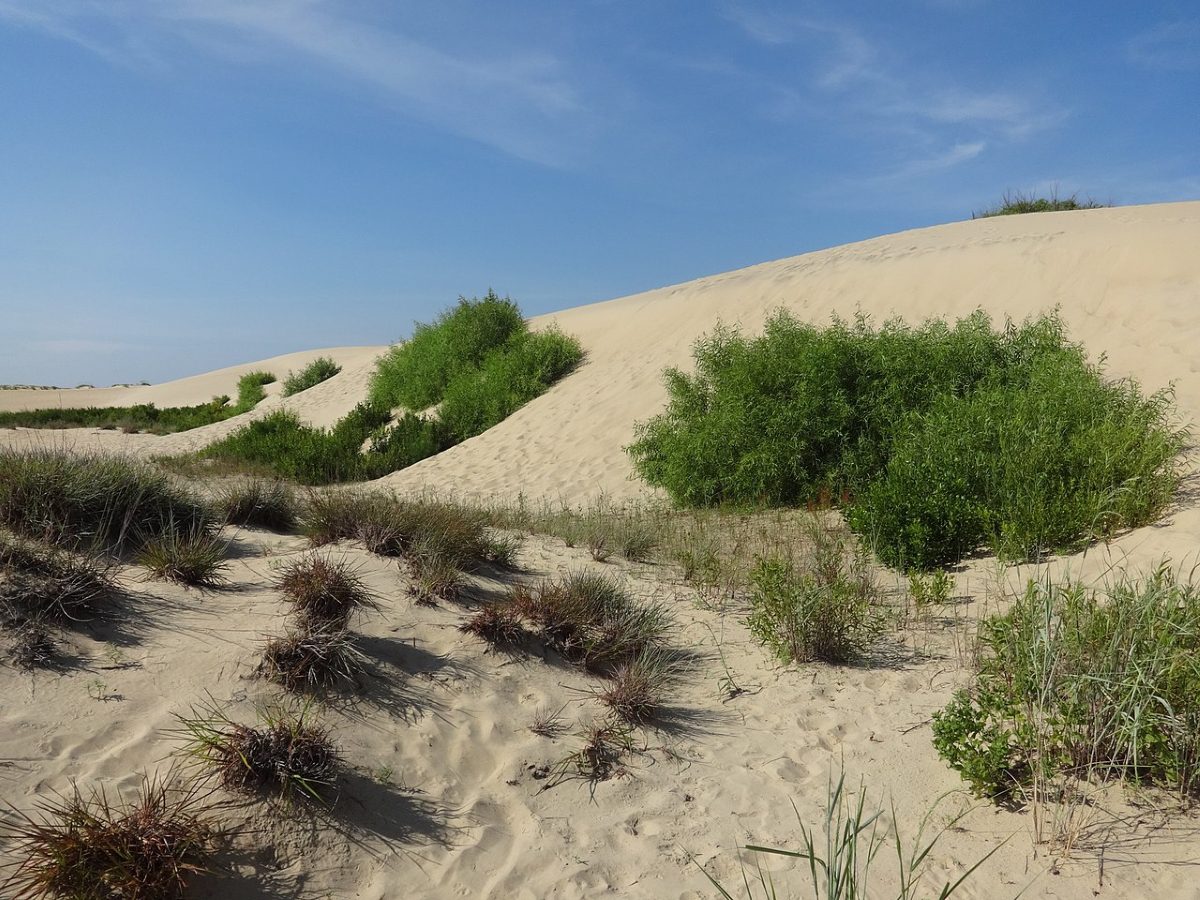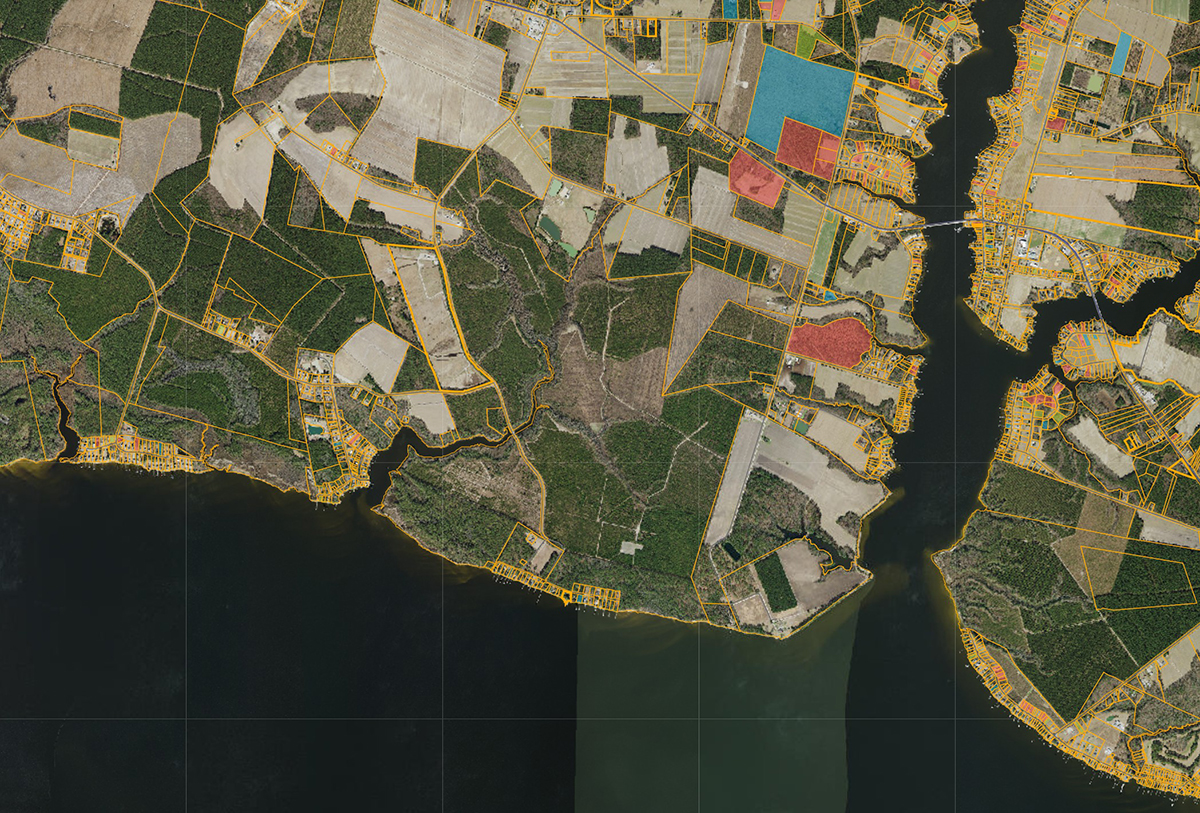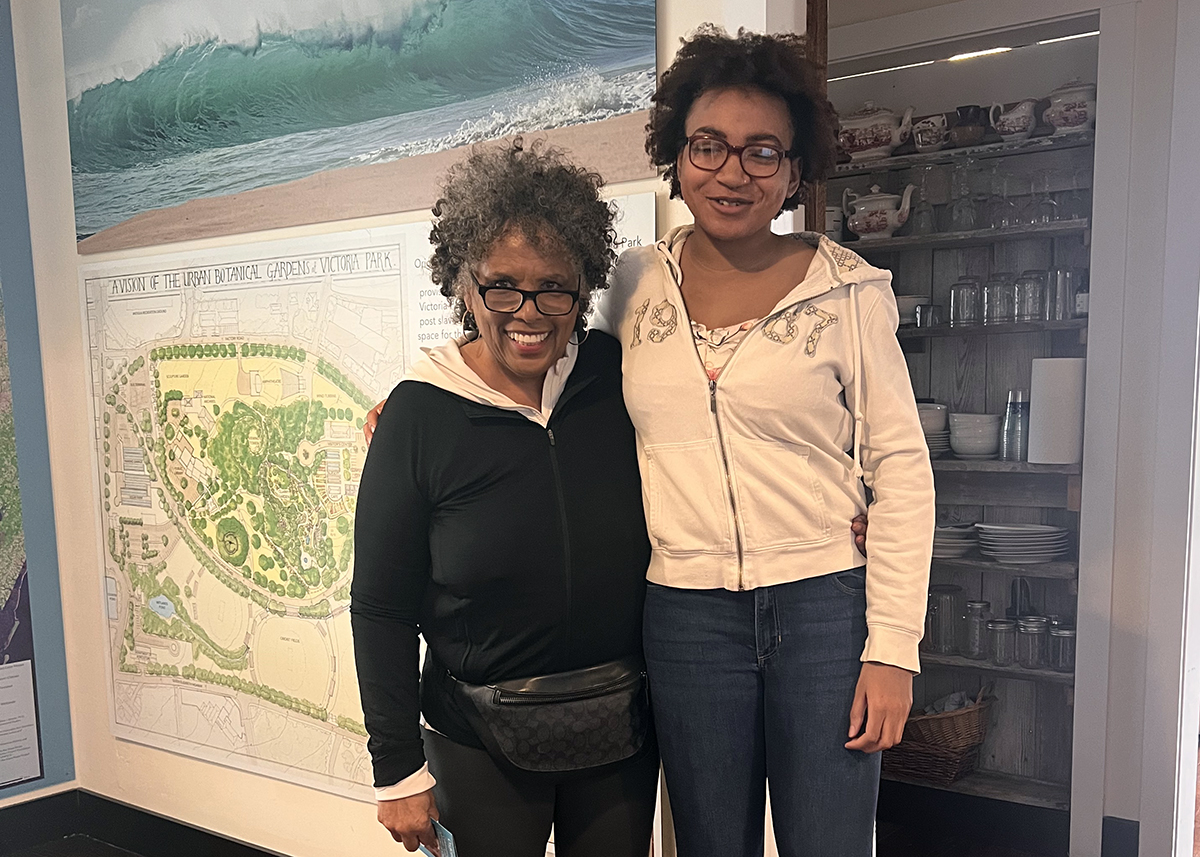
More than a dozen rules state coastal management officials say are crucial to day-to-day operations will remain on the books for now.
The Coastal Resources Commission on Wednesday unanimously adopted the 16 rules as “temporary,” a move that will keep the rules in the state Administrative Code for one year or until they are reinstated as permanent rules.
Supporter Spotlight
The lead-up to Wednesday’s vote, which was cast during a special called meeting, had Mary Lucasse, special deputy attorney general and counsel for the Coastal Resources Commission, at times seemingly defend a case already in the courts.
Commissioner Jordan Hennessy, who was newly appointed to the commission last year, peppered Lucasse with questions as he referenced an ongoing lawsuit the coastal commission and North Carolina Department of Environmental Quality filed against the Rules Review Commission and state Codifier of Rules Ashley Berger Snyder.
“Are we following all the rules and laws of the state when it comes to the temporary rules and permanent rulemaking process because the statement says that the CRC fails to show that the notice and hearing requirements of temporary and permanent rulemaking are contrary to public interest,” Hennessy said.
He was referring to comments included in a letter Snyder sent Lucasse a couple of days after the coastal commission adopted the rules as “emergency” late last year as a means to quickly get them back into the state code.
“In my opinion the Coastal Resources Commission is doing that,” Lucasse responded. “And, as you know, there’s a dispute between two equally positioned agencies about how to interpret laws. That’s what codifier has indicated. I don’t agree with her. Other people don’t agree with her. It doesn’t really matter because between the two of these equal agencies, if we think we’re following the law and we move forward doing that, then it will have to be determined by a court here in North Carolina because that’s how disputes are decided.”
Supporter Spotlight
When Hennessy read from the lawsuit later in the meeting, Lucasse said he “appeared to be taking that at face value” and that that was not appropriate.
“I’m asking questions to try to get better educated on this and I’d appreciate if we can just stick to that and answering the questions,” Hennessy responded.
Snyder, who is the daughter of North Carolina Senate President Pro Tem Phil Berger, R-Rockingham and Guilford, removed 30 of the coastal commission’s longstanding rules last October after those rules were objected to by the rules commission.
State Division of Coastal Management officials have been working with the rules commission to tweak wording in the 14 rules that have not been temporarily adopted.
The now-adopted temporary rules enforce certain protections for coastal landmarks including Jockey’s Ridge State Park in Nags Head and Permuda Island off the shores of North Topsail Beach in Onslow County.
Some members of the coastal commission questioned why the state’s coastal management division needed the rule that designates Jockey’s Ridge as an area of environmental concern, or AEC, since the landmark is also offered federal protections. AECs are areas of natural importance that the division designates to protect from uncontrolled development.
“If it’s determined to be a natural landmark by the U.S. Department of Interior why will we need a rule to protect it?” Commission Robbie Yates asked.
The rules allow the coastal commission to have jurisdiction and set rules that are consistent within the coastal management’s Coastal Area Management Act, or CAMA, program, Lucasse said.
And the rule in question dictates that sand blown from Jockey’s Ridge onto neighboring properties must be returned to the park, another commissioner noted.
“Given the winds that we have down here, Jockey’s Ridge is protected so that when the sand blows away it gets put back into the resource, not taken away and disposed of, for example, on the beach or somewhere else,” Commission Chair Renee Cahoon said.
An overwhelming majority of nearly 230 comments submitted to the division over the course of more than a month supported the temporary rules. Environmental organizations, the Southern Environmental Law Center and a handful of beach towns from North Topsail Beach to Duck supported the rules. More than 600 signatures were included in a petition submitted by the N.C. Conservation Network.
Yates further pressed Lucasse, asking how one might argue that the rule pertaining to Jockey’s Ridge is a matter of public safety.
“The legislature has said that it’s very important for them to balance development and to protect the national natural resources at the coast,” Lucasse said. “Your commission, you and the people that have sat in the chairs before you, have gone through a very thoughtful process of designating areas of environmental concern in order to protect the natural resources at the coast. I think that this is a situation in which your coastal program has been lessened and the welfare of the people who have depended, as the legislature has designated this commission to do to protect those natural resources, means that we’re in a situation where there’s a need for this temporary action in order to protect public health, safety and welfare.”
But Commissioner Steve King questioned whether having multiple layers of jurisdiction is beneficial for the public.
“To me that is de facto definition of bureaucracy and I’m not sure how that weighs in the public interest to have that kind of process,” King said.
He said he would be looking at the permanent rules, saying what will be, in his opinion, a “complete investigative audit of rulemaking process and permitting making process.”
Hennessy said he would support the temporary rules “for now,” but that he would like to see some changes made to the rules before they become permanent.
Cahoon said there will be ample time for commissioners and the public to comment further on the rules.







